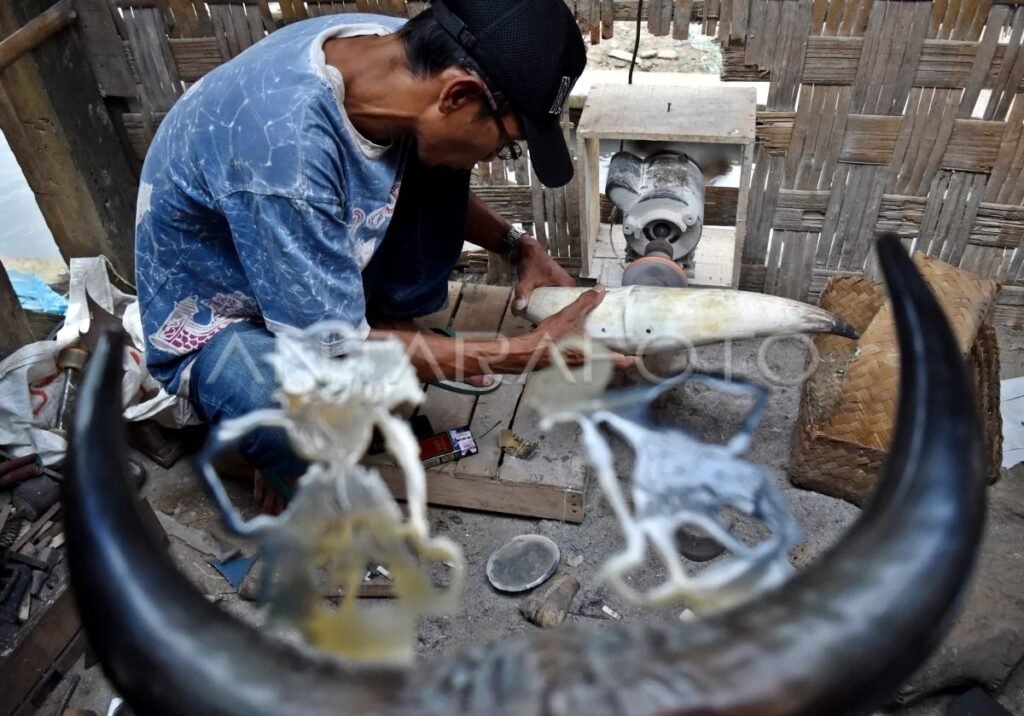YOGYAKARTA: Craft exporters from Indonesia’s Yogyakarta Special Region (DIY) are now setting their sights on the European Union market after the United States imposed a 19 per cent “reciprocal” import tariff on Indonesian products, effective Aug 7, 2025, reported Antara news agency.
“Craft businesses are starting to strengthen their presence in the European market,” Head of the DIY Department of Industry and Trade (Disperindag), Yuna Pancawati, remarked in Yogyakarta on Thursday (Aug 14).
Pancawati explained that the impact of US import tariffs varies by commodity, but overall demand for DIY products in the US remains generally strong.
However, she noted that the sustainability of exports currently depends heavily on the economic conditions and the negotiating strategies of buyers in the United States.
“If buyers are economically capable, exports will continue. Some have negotiated a 3-4 per cent price reduction, and this can also continue, but it only reduces exporters’ profits. Smaller buyers usually negotiate for half the additional tariff,” she pointed out.
While several textile products from DIY remain relatively safe and unaffected, Pancawati acknowledged that craft products, which are Yogyakarta’s leading export commodities, are starting to feel the impact of US President Donald Trump’s policies.
“The ones that are somewhat affected are craft commodities,” she noted.
As a precautionary measure, Europe is viewed by DIY craft exporters as a promising alternative market, especially with the recent signing of the Indonesia-European Union Comprehensive Economic Partnership Agreement (IEU-CEPA), which opens up broader trade opportunities without high tariff barriers.
Pancawati stated that although the Yogyakarta Regional Government has not prepared special incentives for exporters impacted by the US import tariff policy, her office is currently designing a scheme to connect small and medium industries (SMEs) with buyers from non-traditional markets.
The goal is to diversify markets to ensure exports are not solely dependent on primary markets like the US.
President Donald Trump’s reciprocal import tariff policy for 67 countries, ranging from 15 to 50 per cent, officially took effect on Aug 7, 2025.
India and Brazil face the highest tariffs at 50 per cent, Laos and Myanmar at 40 per cent, and Switzerland at 39 per cent.
Indonesian exports to the US are now subject to a 19 per cent tariff, one of the lowest in South-East Asia after Singapore, at 10 per cent, but it still imposes a significant trade burden. – Bernama-Antara

